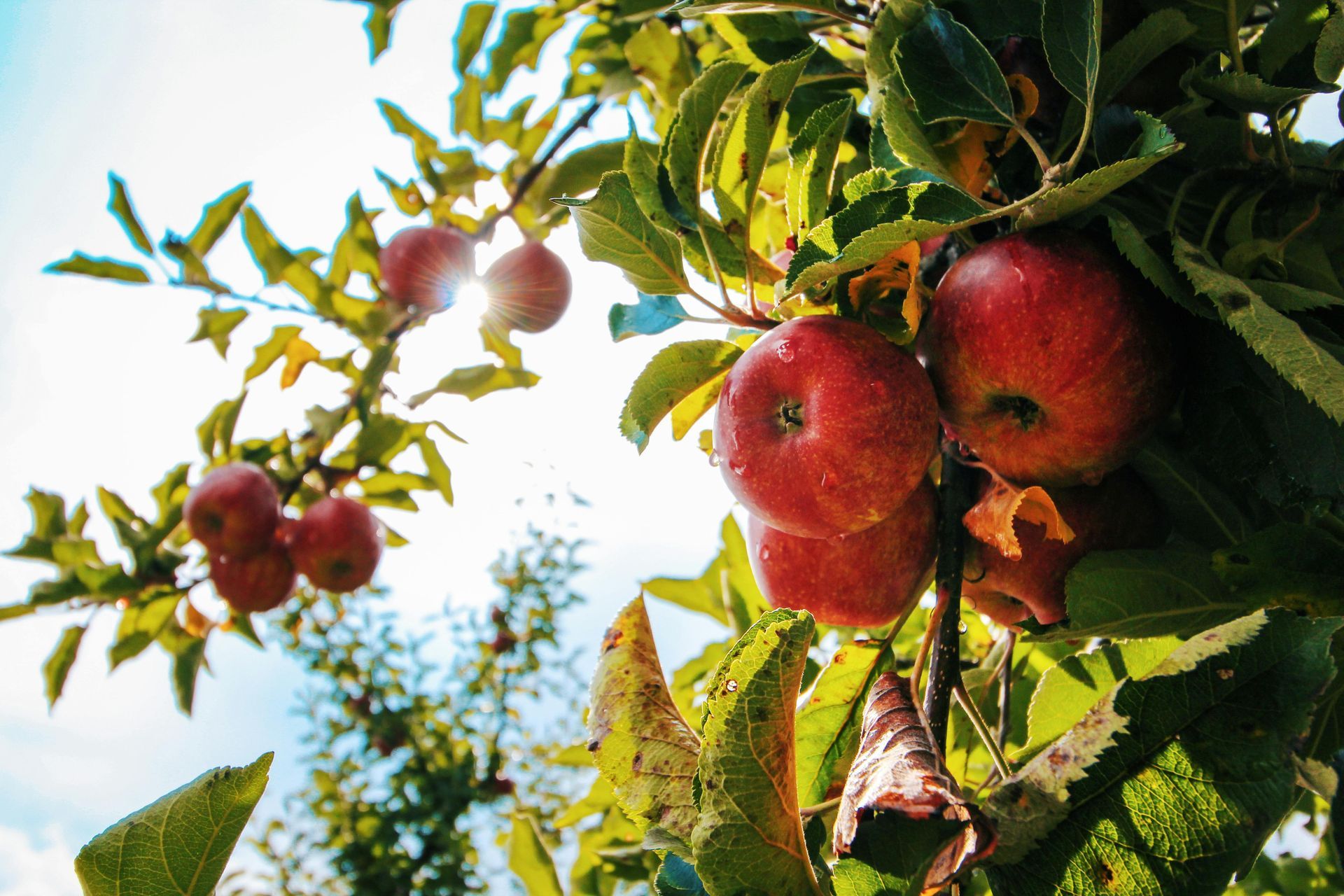Why boring isn't bad for teenagers
Today the BBC writes off mindfulness as 'not working for teens' because they find it 'boring' - here's why that doesn't mean it doesn't work.

Boring isn’t always bad – why mindfulness meditation works despite teenagers saying it is boring
There is an interesting story out today that school mindfulness lessons don’t work. But here’s why you shouldn’t write it off for you and your anxious teenagers. (Photo credit to Filip Kominik on Unsplash.)
Boring isn’t always bad! The main reason the study rejected mindfulness was because pupils called it ‘boring’. But let’s stop and ask – how many of their lessons would these same children call boring?
Speaking to teenagers most of them find the whole concept of school boring – but that doesn’t mean it isn’t useful and important. While maths might be boring to many and felt only to be important if you want a career in finance or accounting – it’s a core life skill and important in almost every job – even if only for ensuring you get paid! Maths is critical even if just for planning and understanding household bills and finances.
For all those who call English ‘boring’, it doesn’t mean it is not important! Every person leaving school will need to have an understanding of the English language – even if it is just for reading letters and contracts for renting/mortgaging your own home and understanding an employment contract.
How many of those same children and young people would call these and other core subjects ‘boring’ – despite them being important for life?
Boring is actually the cusp of creativity.
Many of us, particularly young people, have been accustomed to life, being a bit like the devices we live on – either ‘on’ or ‘off’. Where ‘on’ is when we are being active, doing, thinking, playing, gaming, viewing, and ‘off’ is us being asleep or ‘hanging’ with your mates. Us humans are designed to use four to five brain wave states for optimum productivity in our physical and emotional bodies, but we tend to prioritise only two. The ‘on’ – or the Beta state brainwave – of being awake, active and alert and the ‘off’ – or delta state brain wave of sleep.
But there are three more states of being/brain activity that we need to function effectively.
Alpha is a brainwave state of ‘daydreaming’, resting and non-doing that is awake and semi-alert. For a teenager always told off at school for not focusing, not concentrating and not being present, this can be made to feel like a ‘bad’ brain wave state to be in and one that overtime, we forget how to feel and appreciate, and even label as ‘boring’.
Our bodies are not designed to be always ‘on’. Our autonomic nervous system moves in cyclical waves of stress and rest/digest and there is a transition between being ‘on’ and switching off that takes our mind and body into critical states of rest, recovery and cell repair as well as helping our thoughts and feelings to be processed. This Alpha brain wave state is important for this rest and digest phase and is also important for problem solving and helping us to think more clearly and critically.
If we expect the youth to solve the climate emergency we are facing as a planet – they need to be allowed to dream – and this means they need to learn that boredom is not a dirty word but an emotional phase they need to feel before the inspiration just waiting for you on the other side.
With practice you can experience two further brainwaves states – Theta, often associated with that ‘pink fluffy effect’ some people experience with meditation and mindfulness when you feel totally detached from your worries and are able to completely enjoy the simplicity of a moment – the joy of seeing a cloud in the sky, or enjoying a cool breeze on your skin. Sometimes associated with completely detached daydreaming, it is also a state of mind associated with creativity and deeper cognitive insight, where your brain and memory repair and flashes of pure inspiration happen – like Archimedes and his ‘Eureka’ moment. Most people will remember the sweet spot just between sleep and awake, where our mind most naturally enters this brain wave state and may even recall how good this feeling feels as our brain surges with feel good hormones like serotonin and dopamine.
Curiously in psychology Theta is shown as being a brain wave dominant in children, particularly under 7s, who rarely get into the Beta state (of active, alert and focused). It is linked to ADHD and a lack of focus, but it is an important state of mind to understand as in this space we are able to truly experience the emotions we are processing and often come up with powerful insights. In meditators, it is noted that those who experience just a few minutes of this brain wave state regularly, have improved emotional processing and increased ability to focus (i.e. they function better in other 'brain wave states' by spending a little time in this one).
I think as a society we are afraid to stop and feel what is going on for us, so we see this state as a bad place to be – when in fact it can help us come up with the most powerful insights for our own lives.
Finally gamma, is the fifth brain wave state and a space of deep relaxation but hyper alertness –a space that would be very useful for study and exams. It has been linked to ‘flow state’ that brain/body harmony where you become up to 200% more productive in work and the activity you are focused on. Only currently measured in advanced meditators, gamma is thought to be a similar brain wave state to what elite athletes, and high achieving musicians achieve when they are ‘at one’ or ‘completely in the moment with their activity/passion.
Wouldn’t it be great if we could all achieve this same sense of achievement of elite performers and great minds and thinkers – but in our individual areas of interest and passion? We can if we can just realise they are waiting for us – on the other side of ‘boredom’ and that point where ‘boredom’, rest and ‘doing nothing’ frees you to a completely new way of thinking.
Have you found the space on the other side of boredom where the creativity happens?
The second reason this study claims that mindfulness doesn't work for teens is because the practice didn’t ‘stick’ – pupils were doing the exercises in one lesson and not seeing a result.
As co-researcher Prof Mark Williams, from Oxford University, comments "On average, pupils only practised mindfulness once over the 10-week course, that's like going to the gym once and hoping you'll get fit”. The reality, of course, is that you need to exercise regularly to see the reward for body and mind, and its just the same with mindfulness meditation.
Too often people think mindfulness is a magic pill you can do once and all your problems will be solved.
It’s not that simple, but it really can make a difference if you integrate a mindfulness meditation practice into your life – just like exercise.
So many teenagers find PE at school boring and unfulfilling, especially if you aren’t picked for the football or netball team or there is bullying about your shape and fitness. But many of them will find joy and success in exercise outside of school, finding dancing, yoga, the joy of playing football with friends at the park – even if you weren’t picked for the first team at school. After school, you can realise a passion for sport less common in a school environment like paddle-boarding, climbing, skateboarding, skiing, horse-riding or golf. Or how you can hate running but love hiking, hate hockey but love badminton, hate running round a track but love a training for a half marathon a friend. Many adults don’t find the exercise combination that helps them with their fitness till long after school. Why would mindfulness be any different?
Both exercise and mindfulness meditation are really good for your health, but that doesn’t make a regular practice easy.
For me, when I teach mindfulness meditation, its about showing people the plethora of ways you can approach the philosophy. It doesn’t all have to be static and quiet. Some of the best meditations in my opinion involve your eyes to be wide open, connected to nature and the world around you, or exercises that make you notice your posture or the activity you are doing differently, such as mindful running or mindful eating.
It’s also about trying to make the activity fun as well as thought provoking - a lot of 'boring' at school is down to the way it is taught - rather than the subject - or its importance.
For me, a bit of the science helps – understanding why something is helping my body or mind makes me more likely to ‘stick’ at it when it gets tough or the distractions of life get in the way. All good teachers and trainers need to explore how to get their subject to appeal to different people's different learning modalities and find ways to make it resonate personally - this is why small group meditation can be much more effective than learning in a large peer group or at school.
When I work with people to develop a meditation practice, often it’s the emails and messages between classes that are as important as the weekly or monthly learning. It’s the peer support groups and that chance to chat and share what’s working and what isn’t that help it stick as much as a great lesson. To hear from others that they found it hard and instead of being berated for ‘not doing their homework’ being encouraged to share why they found this mindfulness ‘homework’ practice so hard and so easy to lose focus from.
The third reason that mindfulness doesn’t stick in examples like this, is our beliefs get in the way.
Most mindfulness is taught by taking the concepts of meditation and asking you to ‘leave your belief systems outside the ‘door and focus on the activity. I teach meditation rather than pure mindfulness as I believe that your belief systems come with you, and if you want to change a belief it takes time, consistency, practice and support. Like switching a football team from always losing to believe they can win, like helping someone ditch a bad habit like smoking, substance abuse or simply eating too much sugar.
Our beliefs are powerful. Your self-doubt that you are ‘not good enough’ can become a crippling block to achievement. Teenagers have been dealt a big blow of doubt over the pandemic – a feeling of rejection from school when most pupils were ‘locked out’ of learning by the home-school enforcement (in sadly, too many cases with very little support from the school or community), sometimes aggravated by a home environment of fear – fear of an angry parent or carer who is out of work and angry at the world, fear of an anxious parent or carer who is trying to home-work and home-school and feels that they are failing at both and projects this feeling onto their child. The list goes on.
Mindfulness alone isn’t a fix for this complex tangle of feelings, emotions and a whole set of poor learned behaviours. For me this is where there is a closer link between meditation and therapy and a truly ‘mindful’ practice will recognise all the factors needed to support a teenagers mental health. In businesses – there has been a big wake up call that the one off mindfulness session is not enough and ad-hoc training has been replaced by long-term learning, wellbeing strategies, wellbeing ambassadors and a whole plethora of resources – including meditation, exercise and connection.
Is the school looking at a whole school wellbeing approach? It certainly appears not in this study. You almost ask if this study is being set up to fail so the government can quote this is why ‘meditation doesn’t work’ in school. Would exercise work if you only do it for 10 weeks and never again? Would maths ‘stick’ if you learnt it just for 10 weeks and never again?
Wake up and smell the coffee, there is much more to this and to meditation than this article – and headline are saying.









